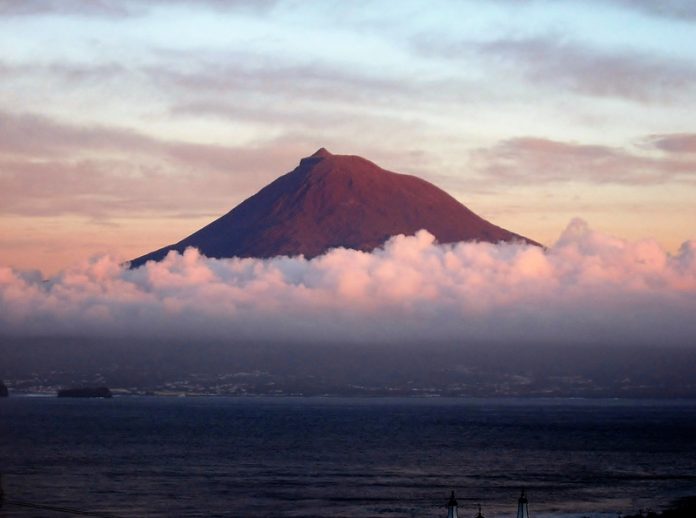The impact of a natural event such as a volcanic eruption can significantly disrupt human life. The long periods of quiescence that are quite common in many volcanic areas often lead to a fall in vigilance whose consequences may include a lack of preparation for dealing with a volcanic crisis. In some cases in which the volcanic area is considered as non-active due to the lack of historic eruptions, the hazard may be completely ignored. Thus, it is important to evaluate the possible hazards that could affect a volcanic area and develop appropriate hazard and risk maps. Volcanic hazard assessment is one of the scientific tasks that should be conducted in an active volcanic area where the human population could be placed at risk by an eruptive episode. Possible future volcanic activity can be understood and predicted via the analysis of past eruptive behaviour and the study of the geological record.
Understanding the potential evolution of a volcanic crisis is crucial for designing effective mitigation strategies. This is especially the case for volcanoes close to densely-populated regions, where inappropriate decisions may trigger widespread loss of life, economic disruption and public distress. An outstanding goal for improving the management of volcanic crises, therefore, is to develop an objective, real-time methodologies for evaluating how an emergency will develop and how scientists communicate with decision makers. In modern volcanology it is fundamental to develop models that combine the hazard and risk factors that decision makers need for a holistic analysis of a volcanic crisis. Final products are eruptive scenarios and their probabilities of occurrence, vulnerability analysis, and costs estimate of false alarms and failed forecasts. Probabilistic methodologies have a prominent role in volcanic hazard assessment, so that it is necessary to develop methodologies and protocols with which to provide better risk-informed support for authority decision-making.
At the Institute of Earth Sciences Jaume Almera, CSIC, of Barcelona (Spain), the Group of Volcanology of
Barcelona (GVB-CSIC) lead by Prof. Joan Martí carries out volcanic hazard assessment through the development of new tools specially designed to assess and manage volcanic risk. The group includes experts in geology, physics, statistic and Geographic Information Systems (GIS) and aims to evaluate volcanic hazard and to develop new approaches to manage volcanic risk, as well as to design new databases to collect data necessary to assess it. The main focus of the group is to offer the basis on which to build the strategies that are required to successfully face up to and minimise the impact of future volcanic eruptions on volcanic areas in a homogeneous and systematic way. The approach is based on the history of the volcano being deduced from the geological record, which allows determining how, where, and when the next eruption could be. Their methodology uses free tools that have been developed to contribute to the long- and short-term hazard assessment, both in spatial and temporal analyses, to create scenarios of different kind of hazards such as lava flows, PDCs and ashfall, and susceptibility and cost-benefit analyses.
Moreover, the group is involved in a new project, VETOOLS (Development and Implementation of e-tools for volcanic hazard assessment and risk management), funded by the European Commission – Humanitarian Aid and Civil Protection Unit, to develop specific software for hazard assessment and risk management. This project also aims at improving and developing volcanic risk assessment and management capacities in active volcanic regions; developing universal methodologies, scenario definitions, response strategies and alert protocols to cope with the full range of volcanic threats; improving quantitative methods and tools for vulnerability and risk assessment; and defining thresholds and protocols for civil protection.
GVB aims to promote the interaction and cooperation between scientists and Civil Protection Agencies in order to share, unify, and exchange procedures, methodologies and technologies to effectively reduce the impacts of volcanic disasters by improving assessment and management of volcanic risk. The application of the tools developed includes volcanic fields around the world. Their studies help to identify the gaps between strategies adopted in different regions and, consequently, to propose a unified set of procedures and requirements that any volcanic risk management strategy should incorporate at the minimum, regardless of local specific features.
Prof. Joan Marti Molist
Professor of Research
Spanish Research Council (CSIC)
Group of Volcanology of Barcelona
Tel: +34 9340 95410
joan.marti@ictja.csic.es
www.gvb-csic.es
www.vetools.eu











